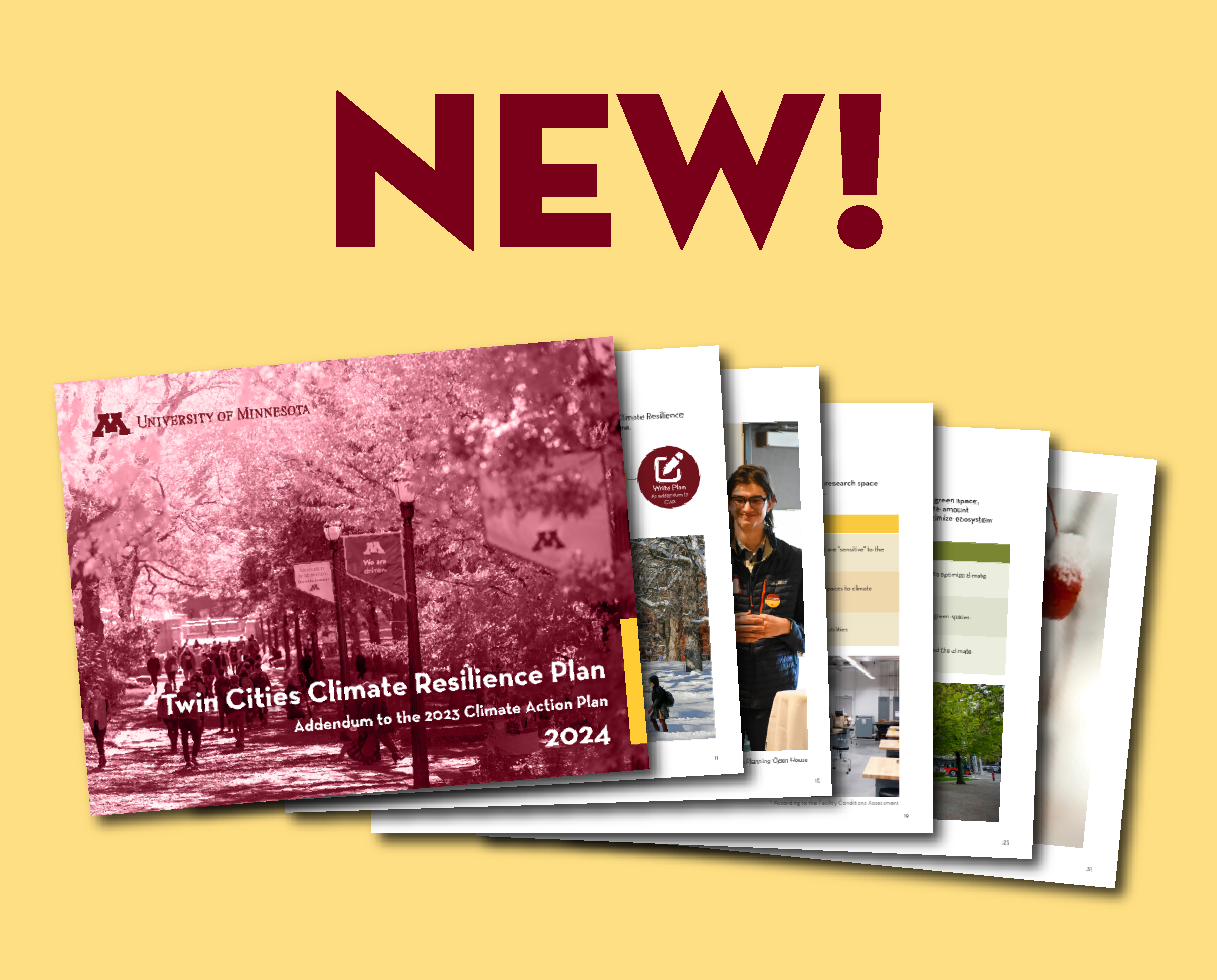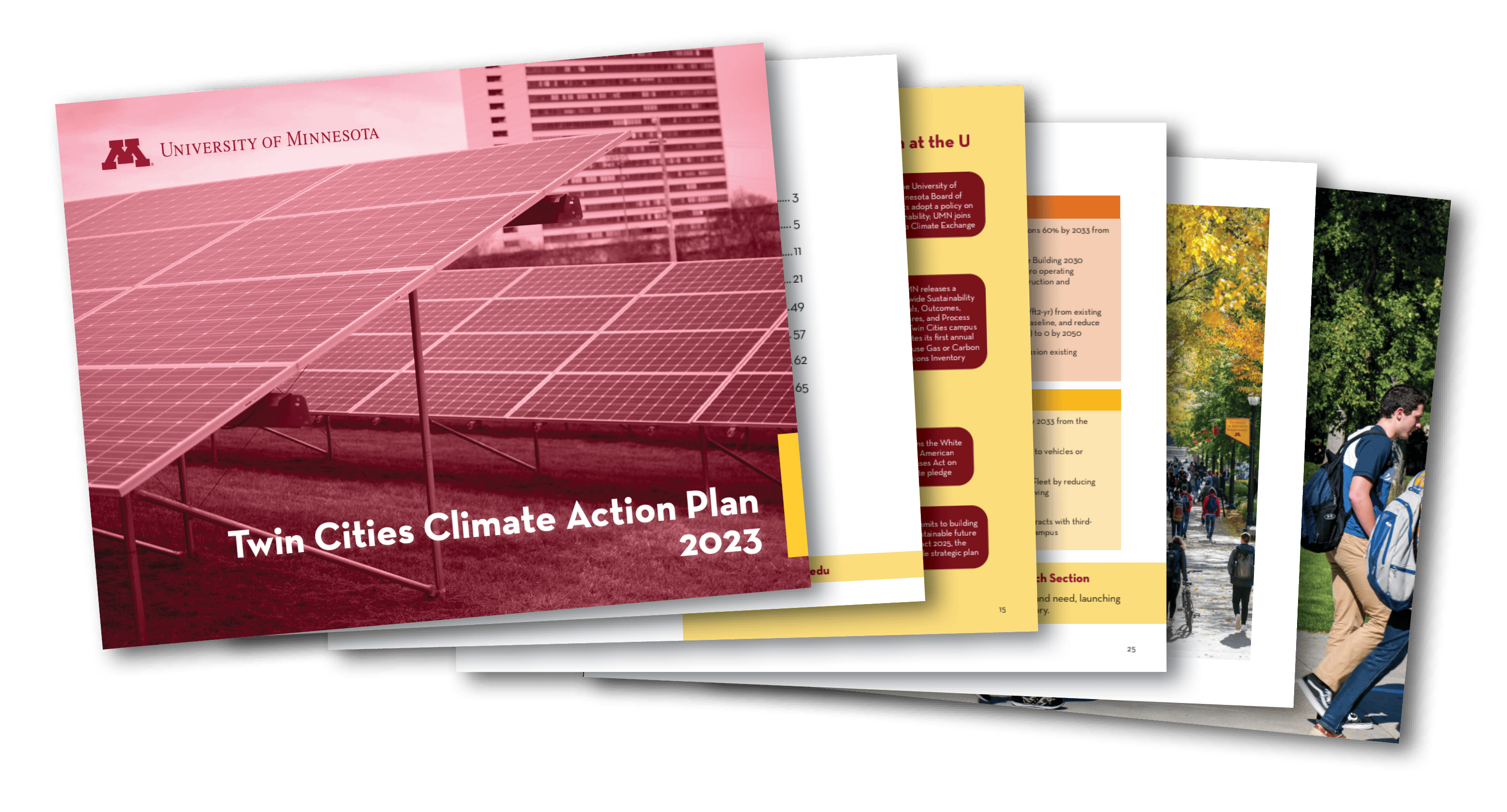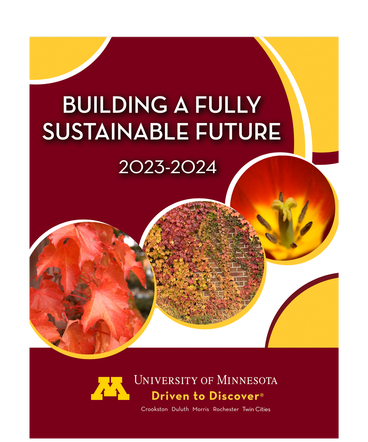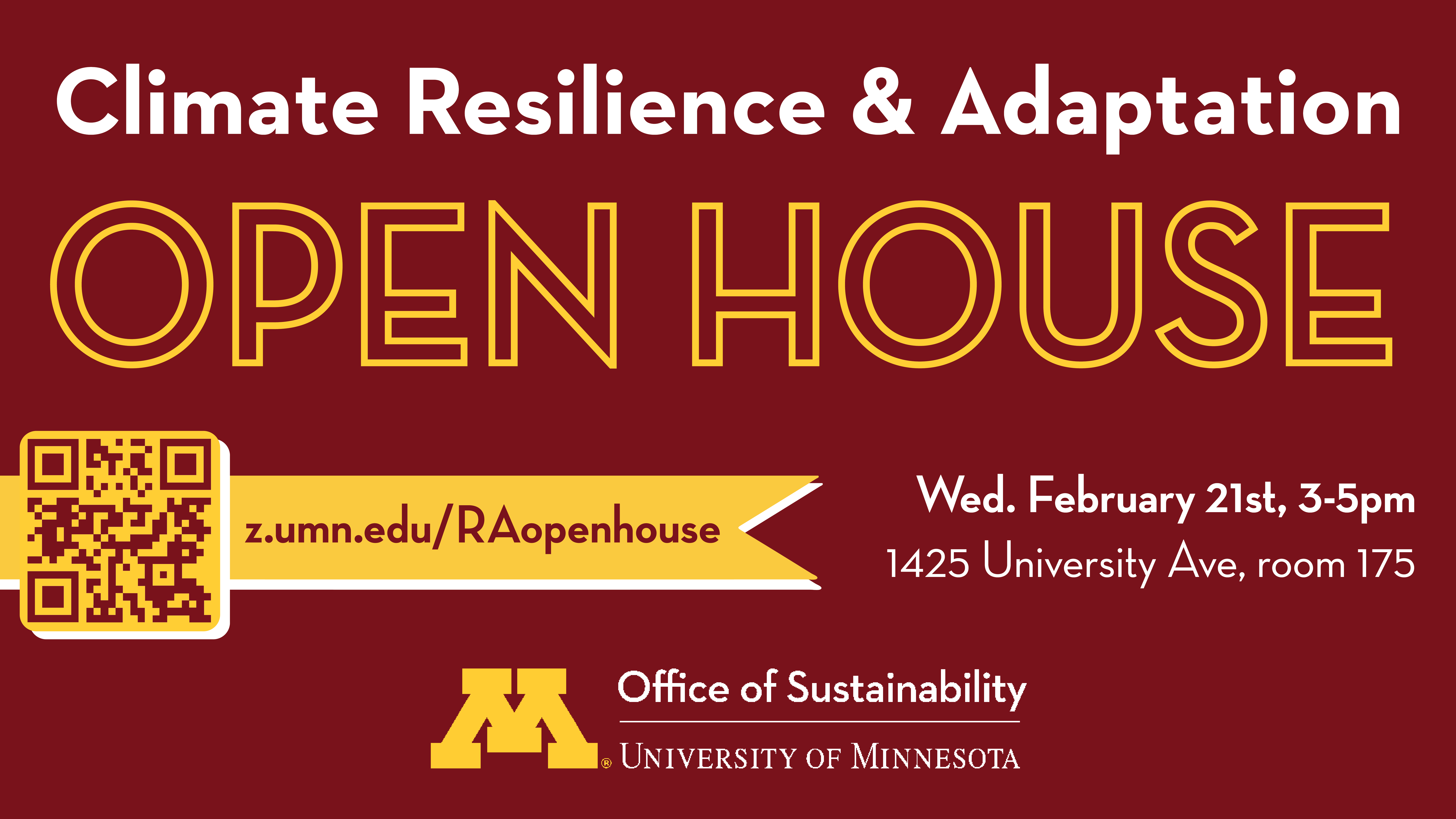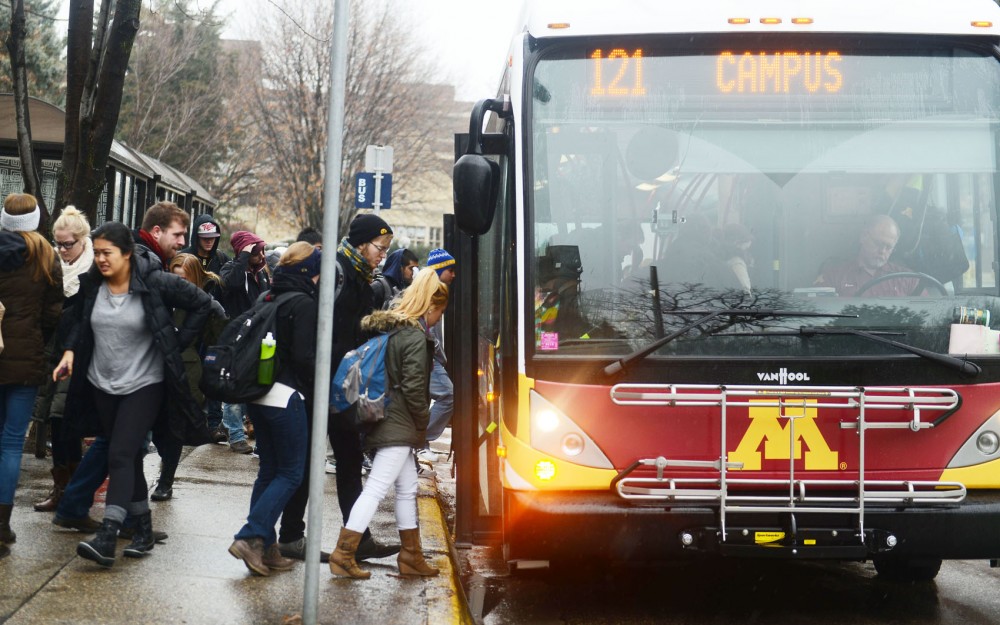
Fall 2023 Sustainability advocates from SUST3480 conducted a recent Campus Engagement Project at the University of Minnesota aimed to improve the satisfaction and sustainability of the campus transportation system (Gopher Trip). They distributed a Sustainable Transportation Survey, gathering responses from 57 students to assess current challenges and future possibilities.
Demographics revealed that most respondents were first and fourth-year students, with significant representation from the College of Liberal Arts (CLA) and the College of Science and Engineering (CSE). Notably, 80% felt more motivated to use public transportation due to the Universal Transit Pass created in the academic year of 2022-2023. It is also important to note that 75% of these students actively engaged in sustainable practices in their daily lives. This not only benefits students' mental and physical health, but is also putting the University of Minnesota and the planet on track to a green, equitable future.
The survey highlighted key challenges: 61% identified waiting for the bus as a significant barrier, while 33% and 30% cited crowdedness and access to bus stops as hindering their ridership. Proposed improvements by students included more bus stops, heated bus stops, increased bus frequency, and improved Gopher Trip App accuracy.
Sustainability advocate solutions included the creation of new bus stops near residence halls and in Dinkytown to enhance convenience and reduce the reliance on personal vehicles. They also suggested monthly check-ins or updates on behalf of Parking and Transportation Services to address the accuracy of the Gopher Trip App.
Reflecting on the survey, there is a need for a more diverse respondent pool, improved timing, and expanded survey distribution locations. For future endeavors, sustainability advocates plan to broaden their outreach, initiate surveys earlier, and strategically place survey stations across various study spaces and dining halls on all campuses. Together, these insights pave the way for a more sustainable and commuter-friendly campus transportation system.
Survey Highlights:
● 80% of students felt more motivated to use public transportation due to the Universal
Transit Pass
● 61% of respondents felt that waiting for the bus was a barrier to utilizing the campus
busing system
● 50% of respondents said having more bus stops, heated bus stops, increased frequency of
buses, and enhancements to the Gopher Trip app would help improve the campus busing
system
● The current campus busing system was rated a 3.20/5 for convenience by UMN students
● Sustainability advocates suggest the creation of new bus stops near residence halls and in Dinkytown to reduce the barriers to bus ridership and make the busing system more accessible
Header image by Daily File Photo, MN Daily
